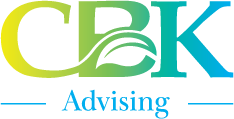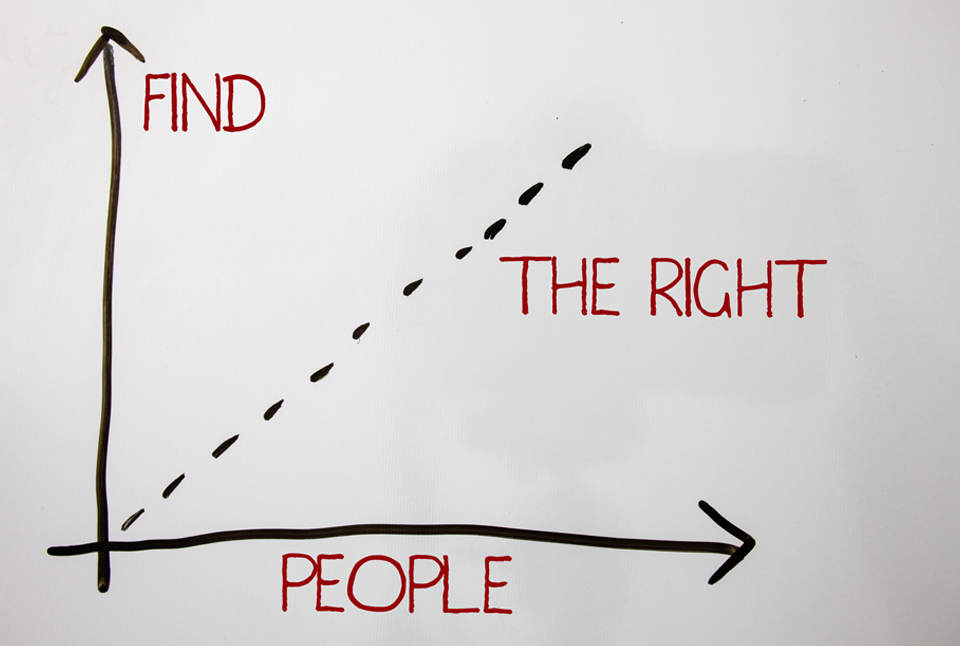Engaged or Disengaged?

Matching motivators and job roles engages you and your team
By Karen D. Nutter, Executive Coach
“Your work is going to fill a large part of your life, and the only way to be truly satisfied is to do what you believe is great work.
~Steve Jobs
And the only way to do great work is to love what you do.”
Consider this:
- 34% of workers consider themselves engaged in their work
- 13% are active, but disengaged
- 53% are disengaged
Where do you stand regarding your level of engagement at work? How about the people you work with? Your team?
There is a multitude of scientific evidence that suggests having an engaged workforce is one of the most critical components of corporate success. The energy, motivation, and enthusiasm of engaged workers leads to higher productivity, not only for them, but for the people around them. But, why is there so much disengagement, and how can you turn that around for yourself and/or your team?
There are many reasons people become disengaged with their job, and over the course of my career, I think I have experienced most of them! After years of coaching employees and leadership teams, I have found that in many cases, employees are disengaged because their motivational style is not effectively aligned with the job they are doing. In other words, the things that the person values most, and which motivate them into action, are not incorporated in their job tasks and responsibilities.
For instance, one of my first clients came to me because she was considering changing careers. While she loved finance and numbers, she felt burnt out in her role at the bank. When we reviewed her motivators assessment and compared it to her job responsibilities, it was obvious there was a major disconnect. As someone who is driven by new ideas and methods, she was feeling stressed working in a job that was repetitive, and which used outdated processes. Reviewing other aspects of her job such as the people she worked with, leadership, location, salary, and the corporate culture, everything else seemed like a good fit. So, rather than start a whole new career, she applied for a new position at her bank that focused on finding new technologies and creating new processes. Needless to say, she excelled in her new role, and has become part of the 34% who are engaged in their work!
If you, or members of your team, are not fully engaged in your job, a good place to start is to look at what drives you, and compare those things to what the job requires. Which of these statements do you feel apply to you?
I am most driven by:
- Utilizing past experiences, intuition and seeking specific knowledge when necessary
- Opportunities to learn and the discovery of truth
- Completing tasks for the sake of completion, with little expectation of personal return
- Achieving practical results and maximizing the return of my investments of time, talent, energy and resources
- Functionality and objectivity of my surroundings – I like things in their place for efficiency, and am not too concerned about how things look
- The experience and balance of my surroundings – I like a harmonious environment the looks and feels good
- Assist others for a specific purpose, not just for the sake of being helpful
- Assist others for the satisfaction of being helpful and supportive
- Being in a supporting role and contributing with little need for individual recognition
- Status, recognition and control over personal freedom
- New ideas, methods and opportunities
- Traditional approaches, proven methods
When you look at this list, how does your job incorporate the items you most relate to? Or, does it? If none of the items you marked are utilized in your job, my guess is you may be feeling disengaged, burned out, and unfulfilled in your current position.
If you are leading a team, do you know which of these items each team member relates to most? Do their jobs incorporate their personal drivers? The more disconnect there is between an employee’s motivators and their job roles, the more likely they are to call in sick, miss deadlines, interact poorly with peers, and be unproductive. Your business probably can’t afford too many disengaged employees, can it?
By understanding what drives a person, we can better match their career choice, job roles, and even special projects to strengthen their engagement and increase job satisfaction and productivity.
Contact Coaching By Karen for more information about how to increase employee engagement and productivity to help drive your business success.

